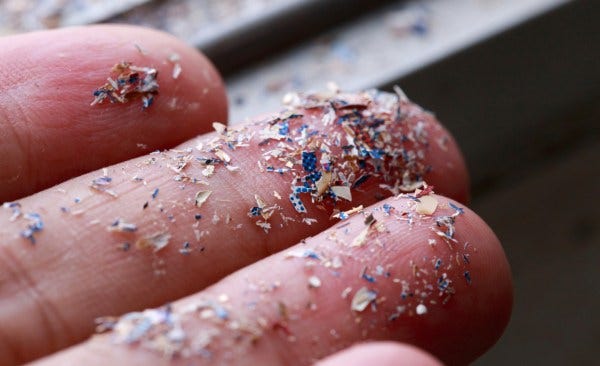Boiling tap water may be solution to microplastics
In the study, scientists put the three plastic compounds into ‘hard water’ — a common type of U.S. freshwater that contains high levels of calcium carbonate and magnesium
When the plastic-containing water was boiled, these calcium carbonates formed tiny clumps around most of the microscopic plastics, trapping them within and rendering them harmless.
The report comes with significant caveats, however.
Scientists only looked at three of the most common — and in the case of polyethylene and polypropylenes, the safest — plastic polymers. They didn’t look at vinyl chloride, for example, a compound of serious concern last month’s study found in bottled water.
Boiling also didn’t manage to remove all of the polymers.



Add comment